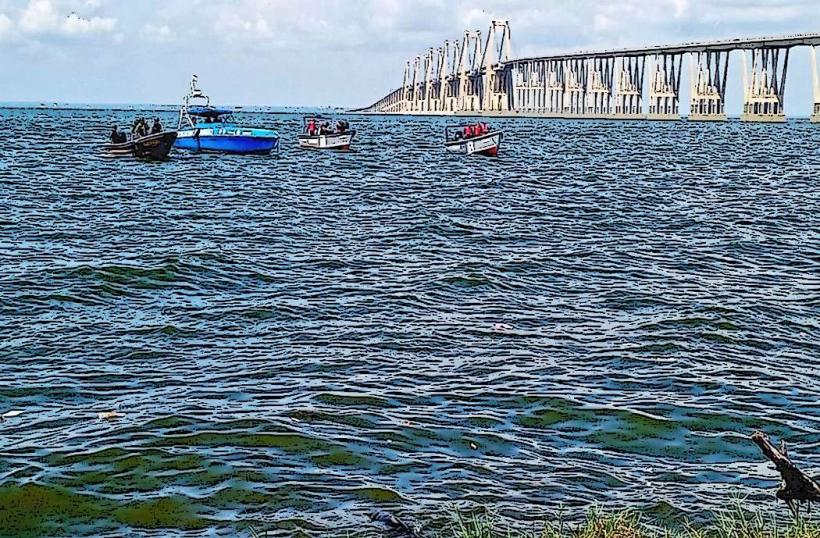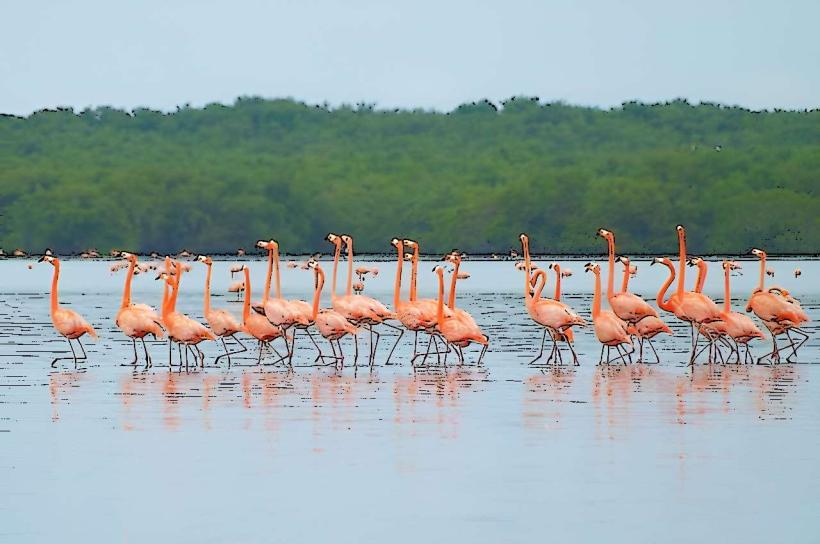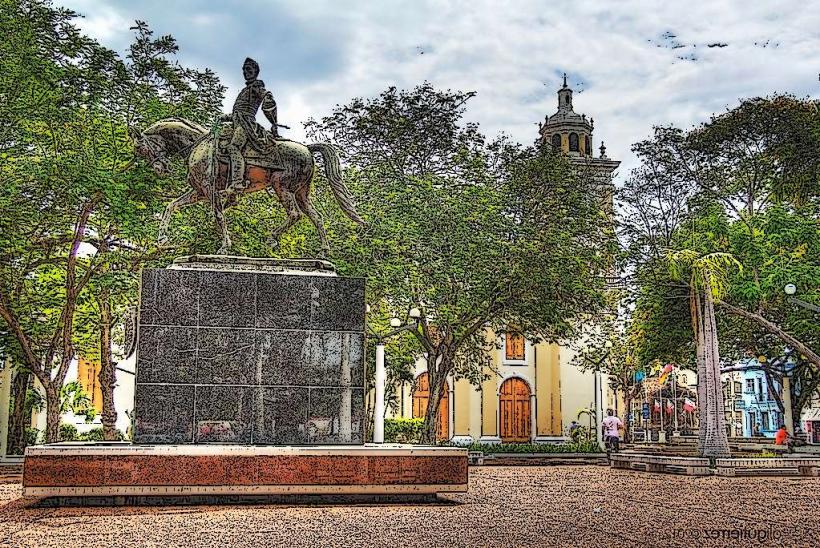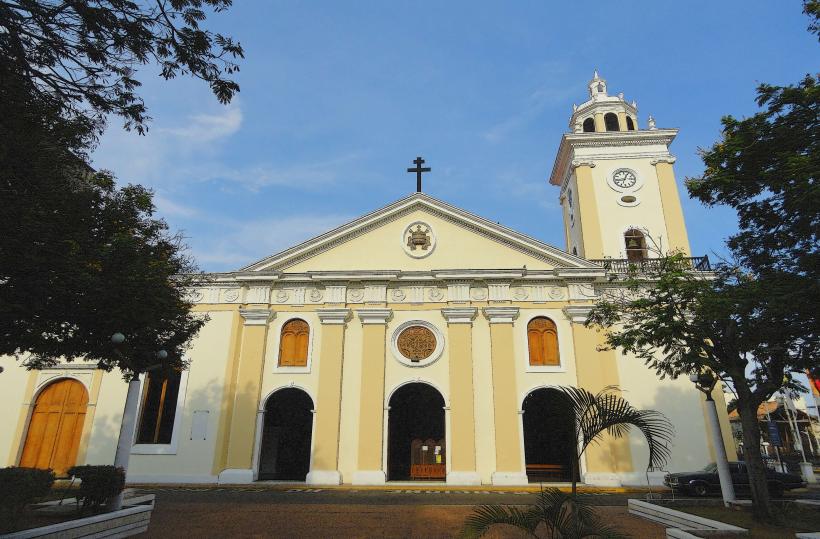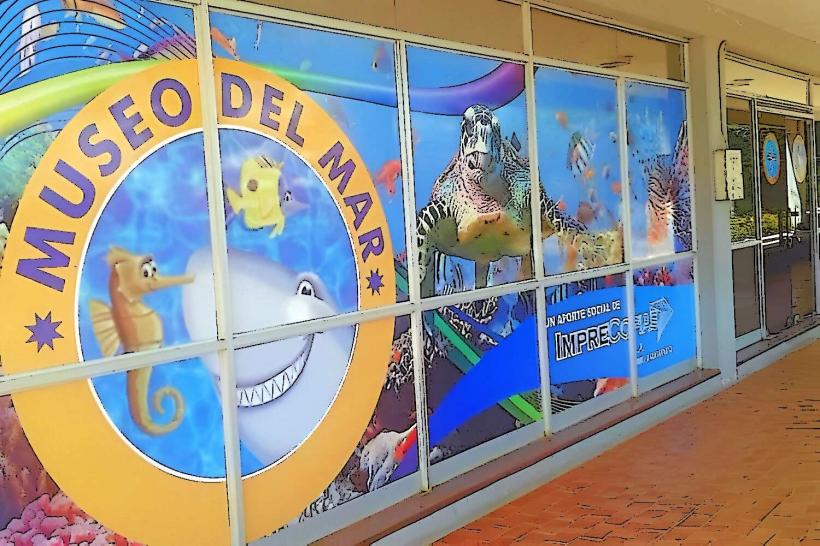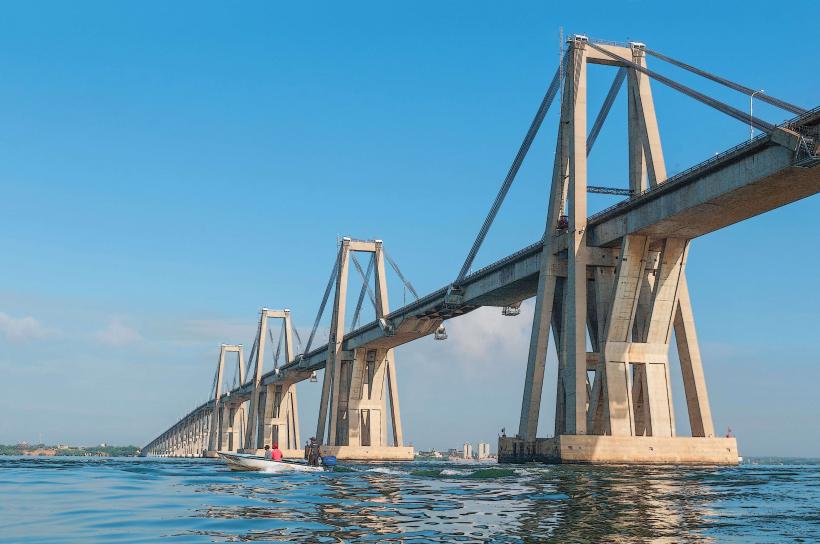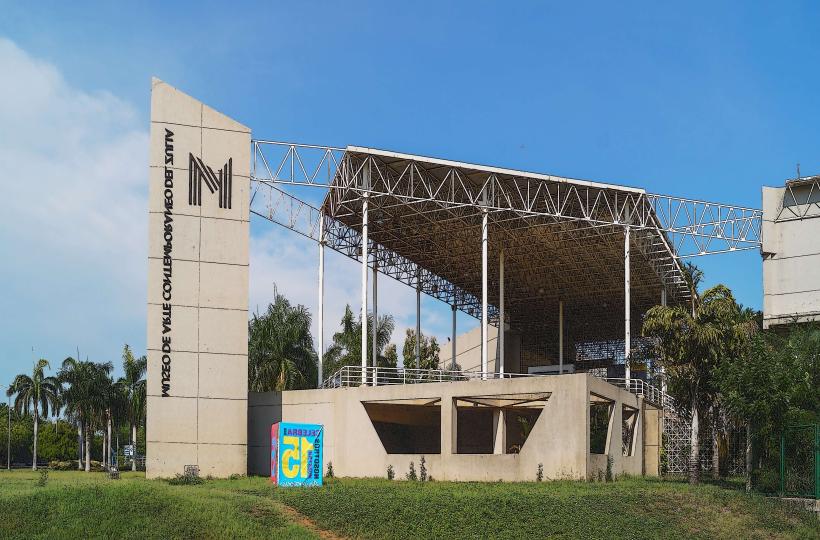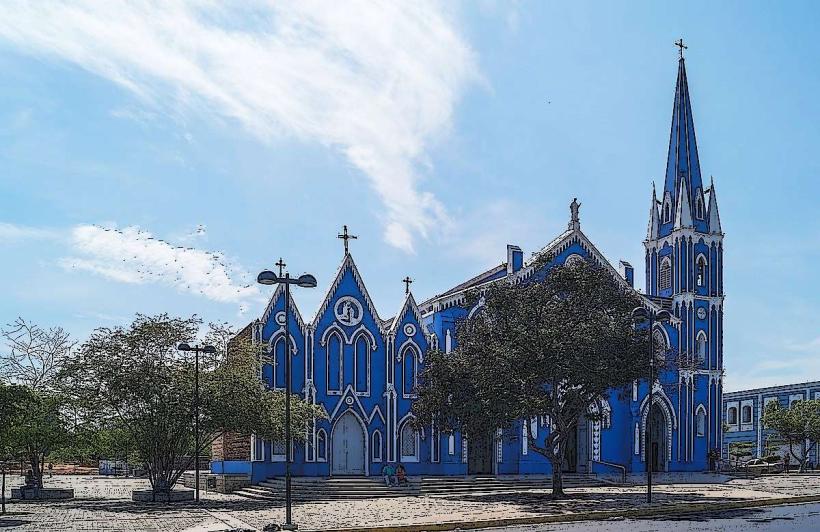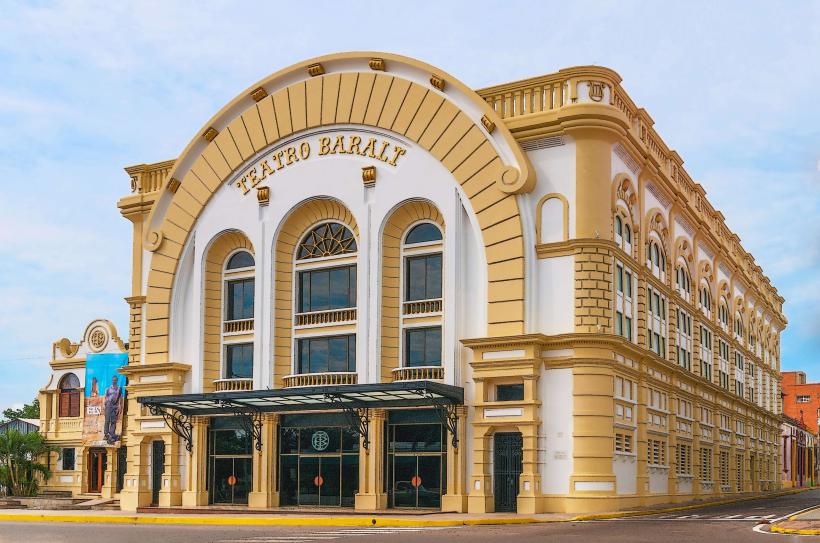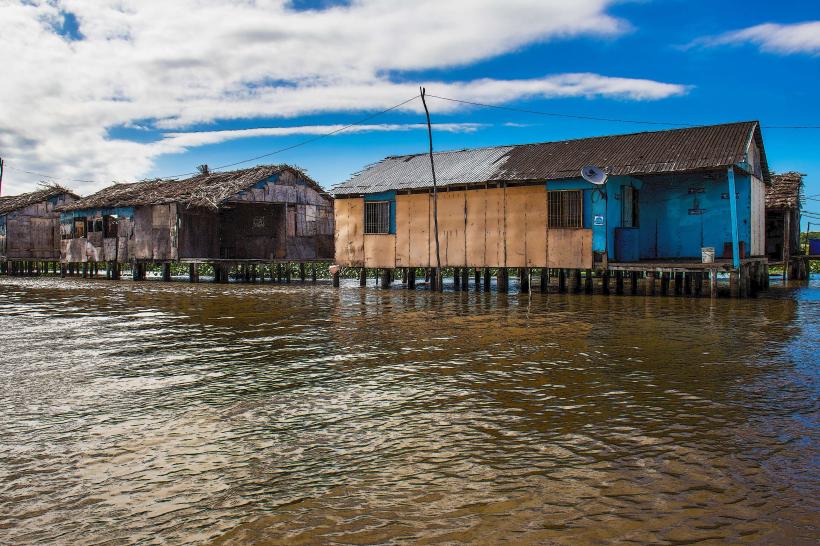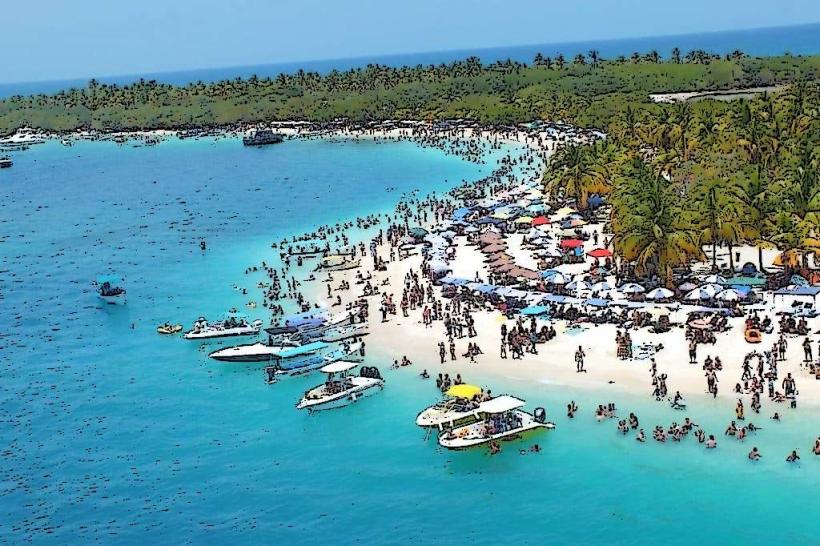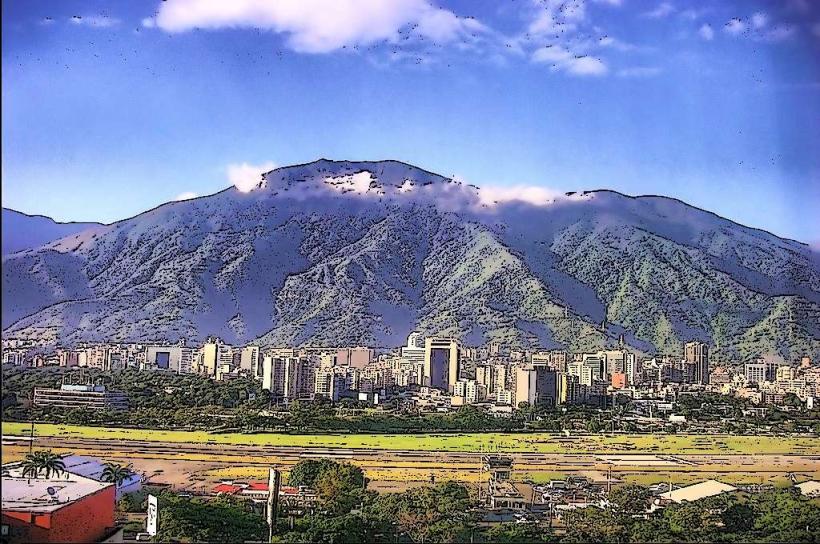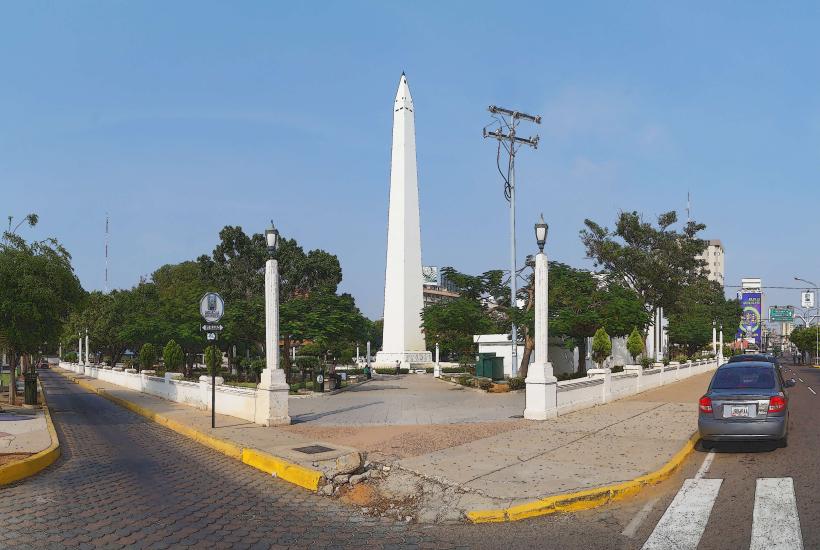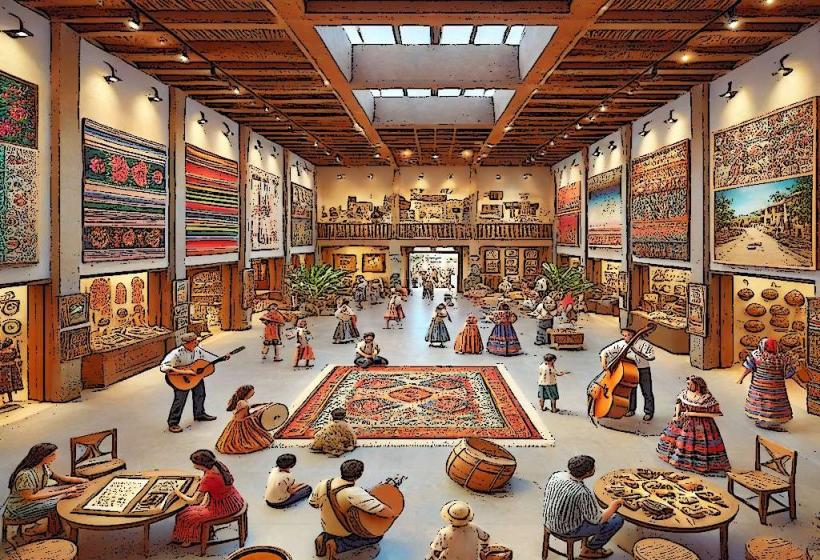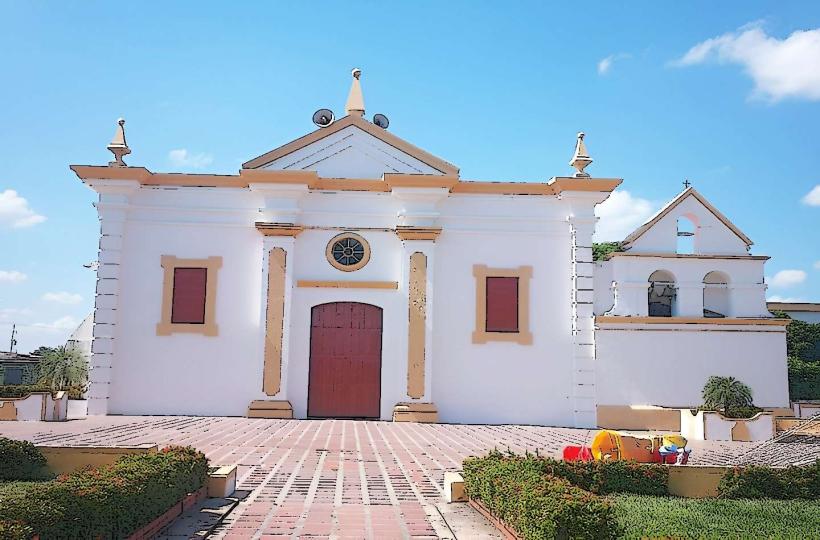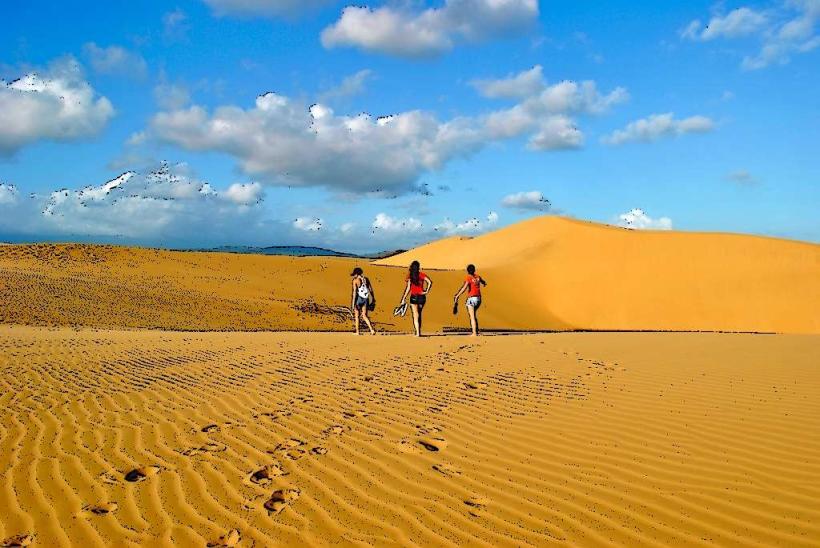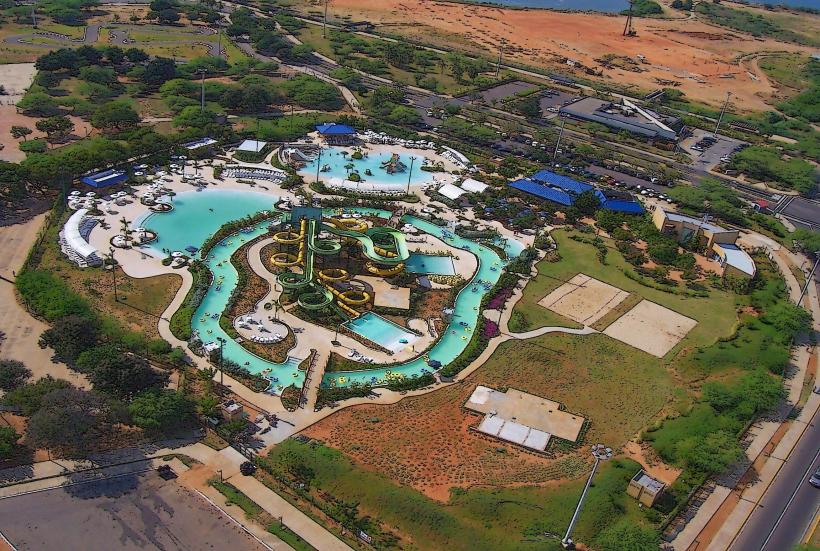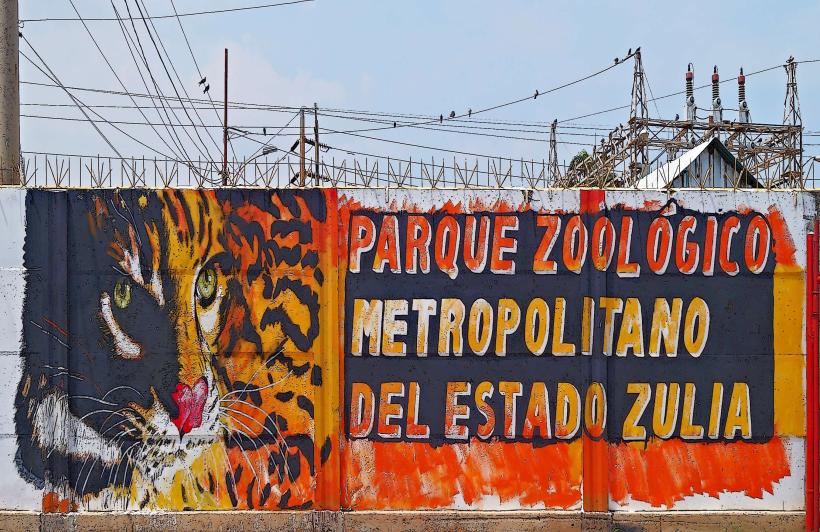Information
City: ZuliaCountry: Venezuela
Continent: South America
Zulia, Venezuela, South America
Overview
Zulia is one of Venezuela’s 25 states, tucked into the country’s northwest, where it meets Colombia on one side and the blue sweep of the Caribbean Sea on the other, moreover it’s known for vast oil reserves, a mix of cultures, and its pivotal role in the economy, especially in oil and farming-fields stretching for miles under the fiery sun.Zulia is also home to Maracaibo, Venezuela’s second-largest city, where cargo ships crowd the busy port and the economy hums alongside a lively cultural scene, alternatively first.Zulia sits in Venezuela’s far west, where you’ll find wide plains, shimmering lakes, winding rivers, and rugged mountains, and zulia stretches across 63,100 km² (about 24,350 square miles), a vast expanse that ranks among the largest states in Venezuela.The state’s landscape is mostly flat, stretching into wide lowlands and marshy wetlands, and it’s home to Lake Maracaibo-the largest lake in Latin America-where the water glints silver in the afternoon sun, in conjunction with to the south, Zulia reaches into the Andean mountains, their slopes dotted with cool, misty forests, but the lake remains its most striking landmark.To the west, the state meets the Gulf of Venezuela, where the salt air drifts in from the water, at the same time lake Maracaibo, the state’s most striking landmark, spreads its brackish waters over roughly 13,000 square kilometers, shimmering under the sun, occasionally It matters not just for its striking beauty and rich wildlife, but also because it’s a vital hub for Venezuela’s oil industry, where the air often carries a faint tang of fuel, as well as zulia is crossed by several necessary rivers, among them the Catatumbo, where the sky flashes night after night with the famous Catatumbo lightning.Over the lake, thunderstorms roll in night after night, their jagged flashes splitting the sky for months on end, subsequently zulia’s climate is tropical, with heat that clings to your skin and a dry season stretching from December to April, for the most part Because it sits so close to the Caribbean Sea and Lake Maracaibo, the region stays muggy, with the air often clinging to your skin, also number two.As it turns out, Zulia’s past runs deep, shaped by colonial powers, vibrant indigenous traditions, and the surge of oil wealth that filled its ports with the scent of crude in the 20th century, on top of that before colonization, the land we now call Zulia was home to several indigenous peoples, among them the Wayuu and Barí, who fished along the breezy shores of Lake Maracaibo and roamed the nearby lowlands, generally Most of these groups made their living from farming and fishing, tending crops in petite fields and casting nets along the shore, to boot during the colonial era, Zulia belonged to Spain’s Venezuelan territory, its ports busy with ships carrying cacao and coffee.During Spanish rule, the region thrived on farming, especially cacao and sugar, their rich scents drifting from sunlit fields, likewise you can still spot the Spanish touch here-in the red-tiled rooftops, the rhythms of local festivals, and the words people use every day.After Venezuela won its independence from Spain in 1821, Zulia kept thriving as a key farming region, its fields heavy with coffee and cacao, in conjunction with the state’s fortunes didn’t truly change until oil was struck in the early 1900s, when black crude began gushing from the ground and everything turned overnight, to some extent The oil boom reshaped Zulia’s economy and turned Maracaibo into a bustling industrial hub, its port crowded with tankers and cranes, in conjunction with in the early 1900s, the discovery of huge oil reserves beneath Lake Maracaibo-thick, black crude glistening in the sun-turned Zulia into a thriving economic powerhouse, to some extent If I’m being honest, Ever since crude oil began flowing from its wells to ports, the industry has powered Zulia’s economy, turning the state into one of Venezuela’s richest regions, as well as three.Oddly enough, Zulia is one of Venezuela’s economic powerhouses, driven mainly by its vast oil reserves, but it also thrives on farming and a bustling trade scene, from cattle ranches to busy market stalls, as a result zulia sits at the heart of Venezuela’s oil industry, where the Lake Maracaibo Basin glistens with some of the richest oil reserves on the planet, kind of Honestly, The state’s economy leans hard on oil-pulling it from the ground, refining it into fuel, and shipping it overseas, therefore the Maracaibo Basin holds a large share of Venezuela’s crude oil reserves, and tankers from international oil companies cross its waters every day.It appears, Agriculture: Oil may lead the economy, but Zulia also thrives on farming, from sunlit fields of plantains to herds grazing in the lowlands, therefore the state turns out maize, rice, and sugarcane, and it also raises livestock, from cattle lowing in the fields to goats nibbling at dry grass.The Córdoba River region turns out plenty of cattle and fresh milk, and across the state, fields stretch with rows of corn and the rich scent of coffee beans drying in the sun, along with fishing thrives here; with Lake Maracaibo at its doorstep, it’s at the heart of Zulia’s economy, from morning nets dripping silver to bustling docks by noon.The lake supplies fresh fish for the region-tilapia, catfish, even the sweet pink snap of shrimp pulled straight from the nets, as a result commerce and Services: Maracaibo stands as a major hub for trade and industry, its busy streets lined with shops, offices, and banks that cater to locals and the surrounding region alike.Number four, equally important culture and Tourism Zulia boasts a vibrant heritage, where indigenous roots mingle with African rhythms and Spanish traditions, like the warm strum of a cuatro in a crowded plaza.The state bursts with music, lively dances, and colorful festivals, each echoing its rich and varied history, not only that music and dance thrive in Zulia, a region celebrated for shaping Venezuelan sound-especially gaita, the lively folk style born here with the beat of drums and the ring of tambourines.Gaita blends the luminous sound of flutes with the steady beat of drums and other instruments, and you’ll often hear it filling the air during Christmas celebrations, besides in Maracaibo, the Feria de la Chinita celebrates the city’s patron saint, La Virgen de Chiquinquirá, with lively music, colorful parades, and streets buzzing late into the night.The Feria de la Chinita, held in early November, bursts to life as one of Zulia’s most treasured cultural celebrations, subsequently parades wind through the streets, music spills from balconies, and dancers whirl to honor the Virgin of Chiquinquirá, Maracaibo’s patron saint.The Gaita Festival bursts with Zulia’s vibrant music and culture, filling the air with the beat of gaita bands, colorful dances, and lively performances, and cultural Heritage: In Zulia, you’ll find weathered colonial facades, vibrant indigenous traditions, and the sleek lines of modern development.Maracaibo, the state’s capital, is alive with history-from sun-warmed colonial facades to lively museums and shaded public squares where you can soak in the region’s culture, after that lake Maracaibo isn’t just vital to the region’s economy-it draws visitors for boat rides across its wide blue waters, glimpses of herons skimming the surface, and sweeping views of the hills beyond.Catatumbo lightning flashes night after night over the Catatumbo River, filling the rainy season sky with quick, white bursts, while widely regarded as one of the world’s most breathtaking natural light displays, it even secured a spot in the Guinness World Records, dazzling viewers with colors that ripple like silk across the night sky, slightly often In southern Zulia, the Andean foothills invite you to hike winding trails, spot luminous-plumed birds, and soak in the quiet beauty of nature, after that number five.I think, Education Zulia hosts a range of respected schools and universities, from bustling high schools to lecture halls where chalk dust hangs in the air, likewise the Universidad del Zulia (LUZ), the state’s largest and most vital public university, sits in Maracaibo, where the air smells faintly of salt from Lake Maracaibo.LUZ offers programs in engineering, medicine, social sciences, and law, covering everything from building bridges to studying human behavior, what’s more universidad Rafael Urdaneta (URU) is another key university in Zulia, its campus marked by tall palm trees swaying in the heat., for the most part
Author: Tourist Landmarks
Date: 2025-10-17
Landmarks in zulia

